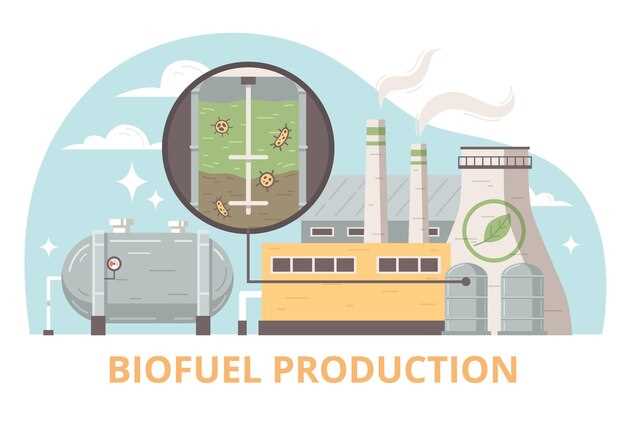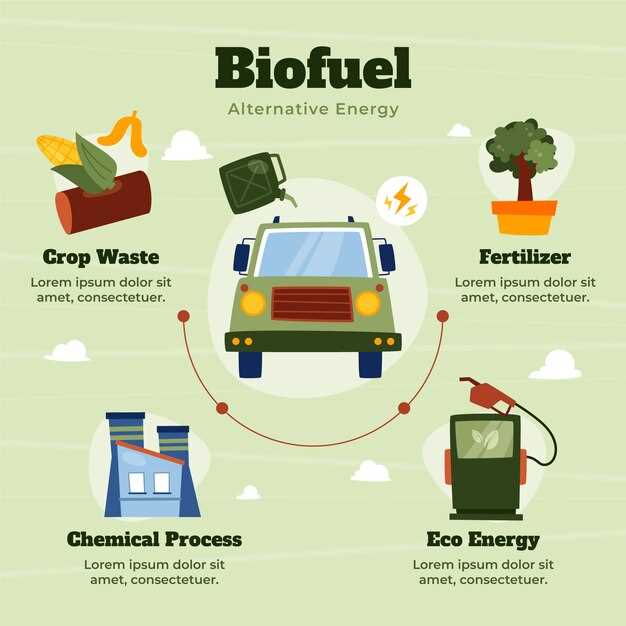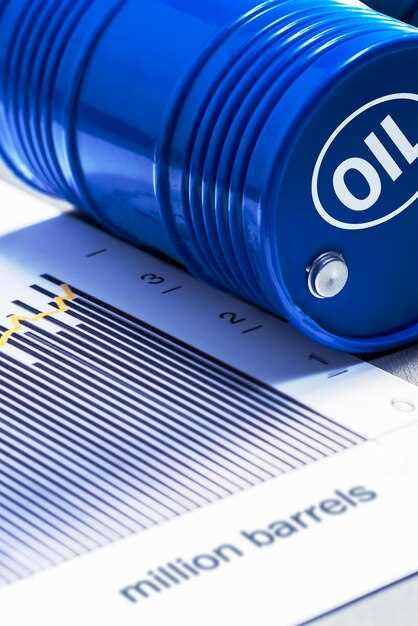

The Environmental Protection Agency (EPA) has implemented a series of regulations aimed at reducing emissions from diesel engines, significantly impacting the culture surrounding diesel enthusiasts. As these regulations introduce stringent limitations on modifications and performance enhancements, they challenge the very essence of what it means to be a diesel enthusiast. The desire for power, efficiency, and custom builds has been a hallmark of this community, but the looming presence of EPA oversight poses new hurdles that enthusiasts must navigate.
These regulations not only reshape the landscape of diesel modifications but also ignite passionate discussions within the community. Some enthusiasts argue that the EPA’s limitations stifle innovation and creativity, while others believe they are necessary for promoting cleaner air and protecting public health. The clash between personal expression through vehicle modification and the responsibility to adhere to environmental standards creates a complex dynamic, driving a wedge between tradition and progress within the diesel culture.
As the diesel enthusiast community adapts to these shifting regulations, questions arise about the future of diesel performance and the authenticity of the culture itself. With the threat of penalties looming, many enthusiasts find themselves at a crossroads, pondering how best to embrace their passion for diesel while remaining compliant with the law. This article will explore the multifaceted implications of EPA regulations on the diesel enthusiast culture, examining the balance between environmental responsibility and automotive freedom.
Changes in Performance Modifications Due to EPA Standards

The introduction of stricter EPA regulations has significantly altered the landscape for performance modifications in the diesel enthusiast community. These standards aim to reduce harmful emissions but have inadvertently imposed limitations on how diesel enthusiasts can enhance their vehicles’ performance.
As enthusiasts seek to optimize their diesel engines, they must navigate the constraints set forth by EPA guidelines, leading to alterations in common performance modifications:
- Exhaust Systems: Traditionally, diesel enthusiasts would install larger diameter exhaust systems for improved flow. However, EPA regulations now require the use of diesel particulate filters (DPFs) and selective catalytic reduction (SCR) systems, limiting the options for modifications that would increase sound and performance without violating emissions standards.
- Tuning Software: Performance tuning, once a primary method for increasing horsepower, is now impacted by the EPA’s crackdown on “defeat devices.” This has pushed enthusiasts to seek tuning solutions that comply with emissions regulations while still trying to enhance power output, often resulting in less optimal performance gains.
- Intake Modifications: While upgrading air intake systems remains popular, the need to maintain emissions compliance has shifted the focus towards products that claim to be compliant with EPA standards. This change limits the types of products available for enhancing airflow without risking a violation of regulations.
- Fuel Modifications: The use of aftermarket fuel injectors and pumps aimed at increasing fuel efficiency and power output has faced scrutiny. Many of these components now require certification to meet EPA standards, imposing additional costs and complexity for enthusiasts.
In conclusion, while the passion for diesel performance remains strong among enthusiasts, the impact of EPA regulations has reshaped the approach to modifications. Enthusiasts must now balance their desire for performance enhancements with the need to comply with increasingly stringent limitations imposed by environmental regulations.
The Rise of Alternative Solutions Amidst Strict Emissions Regulations
The implementation of EPA regulations has significantly influenced the culture surrounding diesel vehicles, prompting enthusiasts to seek out alternative solutions to navigate the stringent limitations on emissions. This shift has spurred innovation as enthusiasts adapt to the more challenging landscape dictated by environmental standards.
One notable response to EPA restrictions is the development of advanced diesel technologies. Manufacturers are investing in cleaner combustion systems and turbocharging solutions that enhance efficiency while adhering to emission limits. Through the use of selective catalytic reduction (SCR) systems and diesel exhaust fluid (DEF), modern diesel engines can dramatically reduce nitrogen oxides, which are a primary target of EPA regulations.
Moreover, the rise of biofuels and renewable diesel offers another avenue for diesel enthusiasts. These fuels, often derived from vegetable oils or animal fats, present a cleaner alternative that can be used in existing diesel engines with little to no modifications. As enthusiasts seek to maintain their lifestyle while complying with EPA requirements, these alternatives provide a practical solution that aligns with their passion for performance.
Additionally, many diesel enthusiasts are turning towards electric hybrid technologies. While this might seem like a departure from traditional diesel culture, the integration of electric components can significantly improve overall vehicle performance and efficiency. Innovative hybrid systems allow for enhanced torque and reduced fuel consumption, addressing both power needs and regulatory compliance.
Despite the limitations posed by regulations, the diesel community continues to resist stagnation, showing resilience through adaptation. The embrace of new technologies not only preserves the core of diesel enthusiasm but also supports a sustainable future within a changing regulatory landscape.
Legal Challenges and Community Responses to EPA Enforcement

The enforcement of EPA regulations has sparked significant legal challenges from the diesel enthusiast community. These enthusiasts often argue that the agency’s limitations on emissions and performance modifications infringe upon their rights to customize and enhance their vehicles. Various lawsuits have emerged, seeking to contest the legality and fairness of the EPA’s stringent enforcement actions. Many community members believe that the regulations do not take into account the unique characteristics of diesel vehicles, which have traditionally been associated with performance and durability.
In response to EPA actions, diesel enthusiasts have organized grassroots campaigns aimed at raising awareness about the impact of these regulations. These efforts include rallies, petitions, and collaborations with advocacy groups focused on automotive freedom. Many enthusiasts argue that the regulations stifle innovation and hinder the performance capabilities of their vehicles. By forming coalitions, the community not only seeks to challenge the EPA legally but also aims to influence public perception regarding the importance of vehicle personalization and its cultural significance.
Additionally, some businesses catering to the diesel aftermarket sector have begun to adapt by developing compliant products that align with the EPA’s standards. This shift reflects a proactive response to regulatory pressures while attempting to preserve the performance aspirations of their customers. Moreover, forums and social media platforms have become vital spaces for sharing information, legal resources, and strategies to navigate the complexities of EPA compliance while maintaining the essence of diesel culture.







